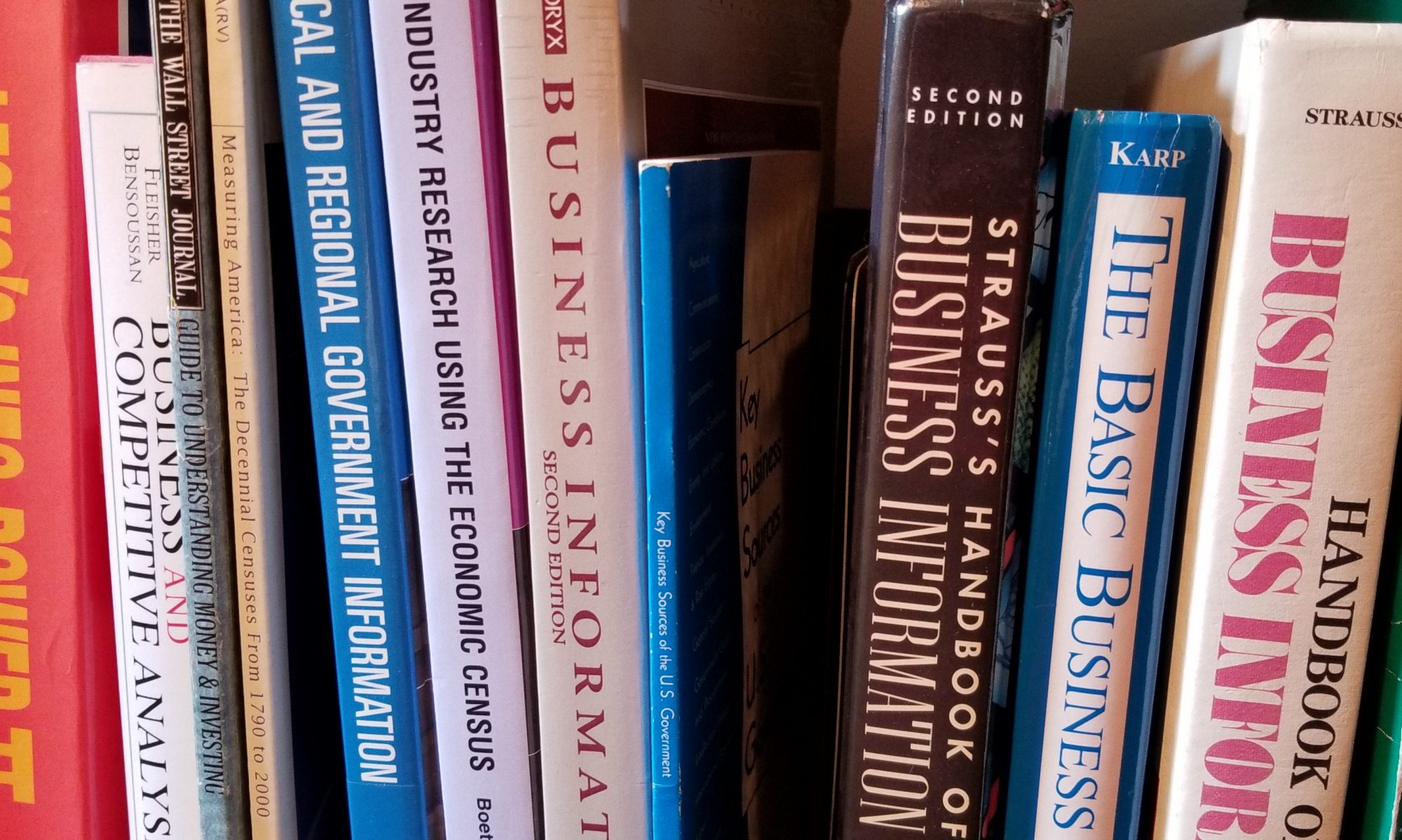Jennifer C. Boettcher as a part of Session b: Connecting Archives, Corporations, and Scholars on March 14, 2020 at the BHC in Charlotte, North Carolina.
ZombieList FAQ complete
Go to ZLFAQ for your reading pleasure. Please let me know if you have additional questions.
Looking for a Graphic Designer
Do you know any graphic designer, knowledge of the library field a bonus.
Looking for someone who might be able to design a logo for me.
Please share with any graphic designers you know.
Product: ZombieList
Moto (open for suggestions): It’s alive, asleep, or reanimated on the ZombieList
Original use: for website https://boettcher.georgetown.domains/HisBusColl/and swag (coaster?) https://www.4imprint.com/tag/490/coasters
Budget: $50-$500, will pay $10 for your legit concept proposal (flexible)
Deadline: August 15, 2019 (flexible)
At the end of the design project, you should be receiving:
Logo design (color) in vector format
Logo design (black & white) in vector format
Vertical logo lockup
Horizontal logo lockup
Square lockup (for social profile images)
Different file formats (Ideally JPG, PNG, EPS)
Style Guide (outlining fonts, colors, etc)
Learn more about the ZombieList (for librarians)
What is the ZombieList?
Powered by crowd sourcing, the ZombieList tracks the status and format of core business reference titles, as well as if the source is alive, dead, or reincarnated. Has it changed its name, publisher, or format? Based on core bibliographies listed below, there are about 20,000 titles that have to be reviewed.
Why have a ZombieList?
We do this for history. What are the key sources in business? What should we preserve? How far back does it go? Does this content still exist in another source? Who owns the rights?
What are the plans for the ZombieList?
I see librarians, researchers, archivists, and historians cultivating a culture of awareness when managing heritage collections of business sources by knowing the titles, identifying where preservation copies of those titles reside, and working with monographs and other formats. It all starts with capturing the core business titles and divulging their status using the ZombieList.
What are the Ultimate plans for the ZombieList
ZombieList©Boettcher is a compendium of bibliography metadata with value added by volunteers putting the metadata in a prescribed structure with additional information of where the citation was presented (original source), then augmented by status, and relationships to other records. The ZombieList might evolve to a relational database where others can review the original and Zombied record; include contact information to purchasing access; learn which entry owns the current rights to the dead source; other value-added.
Contact: Jennifer C. Boettcher
boettcher@georgetown.edu or jenny.wombat@gmail.com
571 216-3499
Working on the ZombieList
I see librarians, researchers, archivists, and historians cultivating a culture of awareness when managing heritage collections of business sources by knowing the titles, identifying where preservation copies of those titles reside, and working with monographs and other formats. It all starts with capturing the core business titles and divulging their status using the ZombieList.
Powered by crowdsourcing, the ZombieList tracks the status and format of core business reference title’s content, as well as if the source is alive, aleep, or reincarnated. Has it changed its name, format, or publisher?
Our goal
Our goal is to have a free webpage with guidance for all formats in the context of business-specific sources: print serials, print monographs, print microformats, federal documents, ephemera, records/original content, born digitial- fixed format, born-digitial – web based, etc.
We are a work in progress….
If you don’t want to join us formally (influence the guidance and be put on a mailing list), feel free to tell us your questions or suggestions.
Join Us: access for business historians
We will create documents for librarians, archivists, historians, and publishers to look at the different formats in which business information manifests itself and to write guidance for all concerned to incorporate collection and weeding practices of our business sources into open local, regional, or partnership collections.
If you are interested please go here.
We need to create this guidance because managers are seeing space occupied by classic business sources as more valuable than business legacy collections and asking librarians to throw away our business research heritage. Business resources need special consideration as they are a combination of local history, data that capture moments in time, and non-scholarly “ephemeral” resources that come in many formats. They also aid in understanding provenance around the original and subsequent owners of data commonly used in business research. We need to discuss the responsibility we have as business and economics librarians to ensure that future researchers can access these seemingly transitory published sources.
